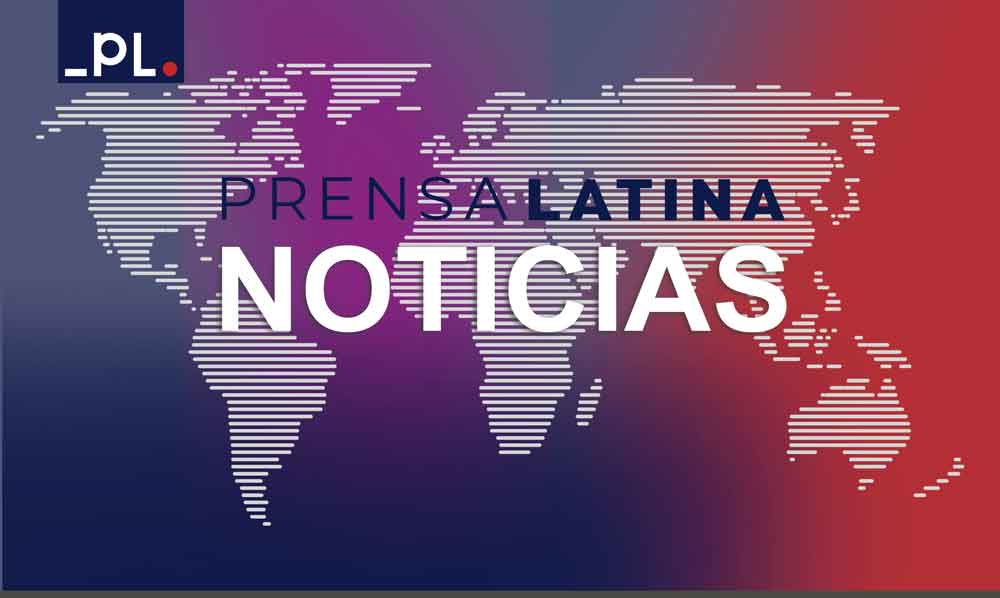The elections attract interest both because of interpretations of the alleged illegality of President Nayib Bukele’s candidacy for re-election and because of a series of political moves by the Legislative Assembly, which is dominated by MPs related to the President, moving the Executive Board and the Rules changed the game unless a year elapses after visiting the polling station.
In this complex scenario, according to complaints from civil society organizations, there are also doubts from the opposition about transparency and the possibility of creating a monumental fraud.
Called for by some and rejected by others, what is now being talked about is an observation process, something like “offering” guarantees of legitimacy, which doesn’t matter at this stage of the game as the die seems to have been cast, and there are many who affirm this Bukele will defeat his opponents, although issues such as the state of the economy could concern him.
International observers will arrive in El Salvador and places where the so-called diaspora will vote to confirm suffrage through a review process of the Salvadoran electoral process in early 2024.
This exercise will be attended by more than five thousand national and international observers who will attest to the transparency with which we will administer this electoral process, Electoral Judge Noel Orellana said this week.
In June, his colleague Guillermo Wellman said that the presence of the Council of Electoral Experts of Latin America (CEELA), the Inter-American Union of Electoral Organizations (Uniore), the discredited Organization of American States (OAS) and the Union European ( EU).
There will be people who will “watch” the process, not just the national vote, but the in-person electronic vote by Salvadorans abroad.
Voting for Salvadorans begins on January 6, 2024, with electronic voting rights over the internet for Salvadorans abroad who hold a unique document of identity (DUI) with an address abroad.
This right is exercised for 30 consecutive days and applies only to candidates for the office of President, Vice-President and 60 alternates of the Legislative Assembly.
The other date under surveillance will be February 4, 2024, the day on which residents of the country can vote for candidates for the offices of President, Vice President and Vice President.
Other peculiarities of these elections will be, in addition to the observation that they will be carried out with the validity of the exceptional regime and the electronic voting of the Salvadorans abroad for the first time.
Everything indicates that these elections will continue to attract national and international attention, but what is already emerging as an undeniable reality is Bukele’s re-election, which polls and pundits are taking for granted.
jha/lb

